Description
Purchase Description
- Cordiline Dracaena Plant
- Product Material : Natural Plant With Pot , Quantity : 1
- Pot : Height : 5 Inches (13 cm), Pot Colour : Black (Plastic)
- Very easy to maintain and Suitable for gifting to Plant Lovers
Plant Description
Soil
In the ground, Cordyline grows best in a deep, well-drained but moist soil. Heavy clay soils should be amended at a 50/50 ratio with compost, sand, bagged top soil, and/or a good planting mix. In heavy clay it's best to plant Cordyline in a raised bed or mound. In sandy soils, it's a good idea to add some compost, peat or peat humus, or top soil to help retain some moisture.
Soil pH
Soil pH is a measurement of the alkalinity or acidity of soil, which is measured on a scale of 1-14, with 7 as the neutral mark. Any measurement below 7 indicates acid soil conditions, and anything above 7 indicates alkaline.
Most Cordyline plant varieties grow best in a neutral to alkaline soil ranging from 6.5 to 8.0 on the pH scale. 6.0 – 6.5 is recommended to reduce flouride absorption where flouride is a problem. Most average garden soils fall between a pH range of 6.0 to 7.0.
If you're unsure about the pH of your soil, or whether or not it's suitable for growing Cordyline, it's a good idea to test the soil pH in the planting area. You can quickly test soil pH with an inexpensive soil pH tester probe. To raise the pH (make more alkaline) you can add pelletized limestone to the soil. To lower the pH (make more acid) you can apply Soil Sulfur, Aluminum Sulfate, or Chelated Iron. Adding organic compost to the soil or using compost as mulch can also help to increase acidity and maintain acid soil conditions.
Disclaimer: The image is for reference purposes only. The actual product may vary in shape or appearance based on climate, age, height, etc.
Only logged in customers who have purchased this product may leave a review.

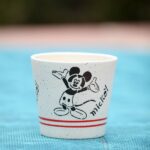
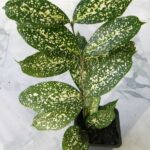
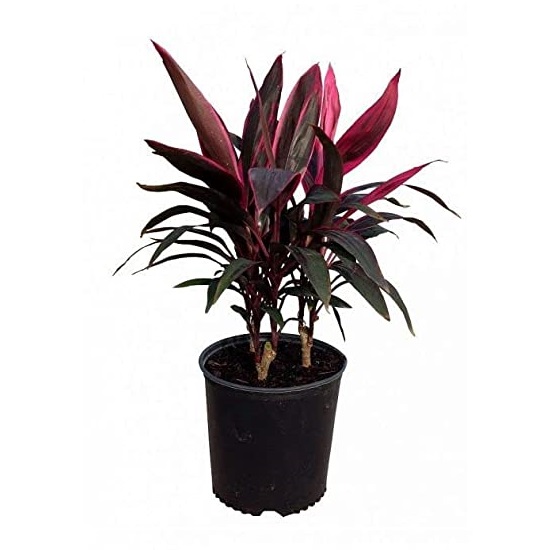
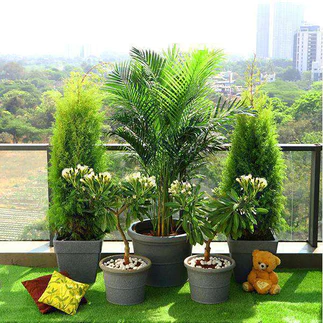
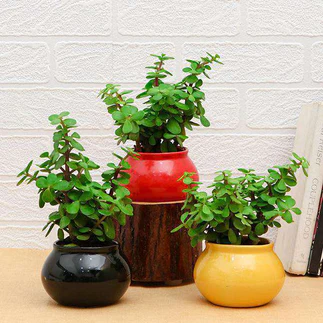
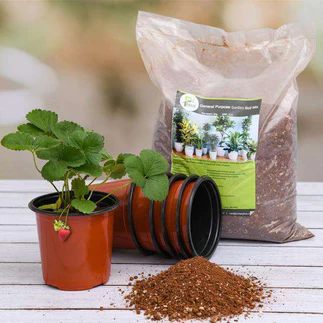
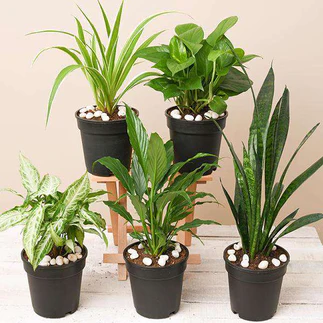
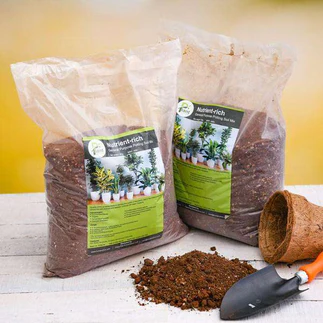
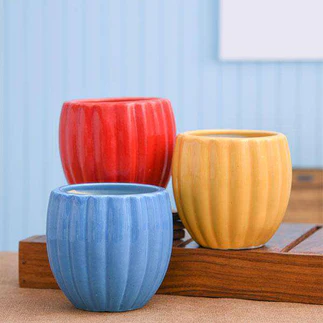
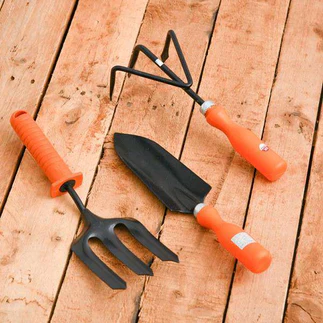
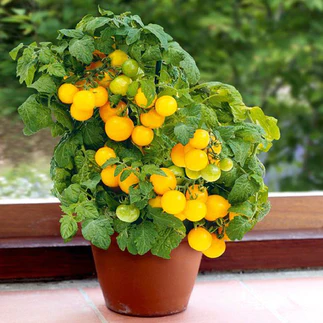
Reviews
There are no reviews yet.